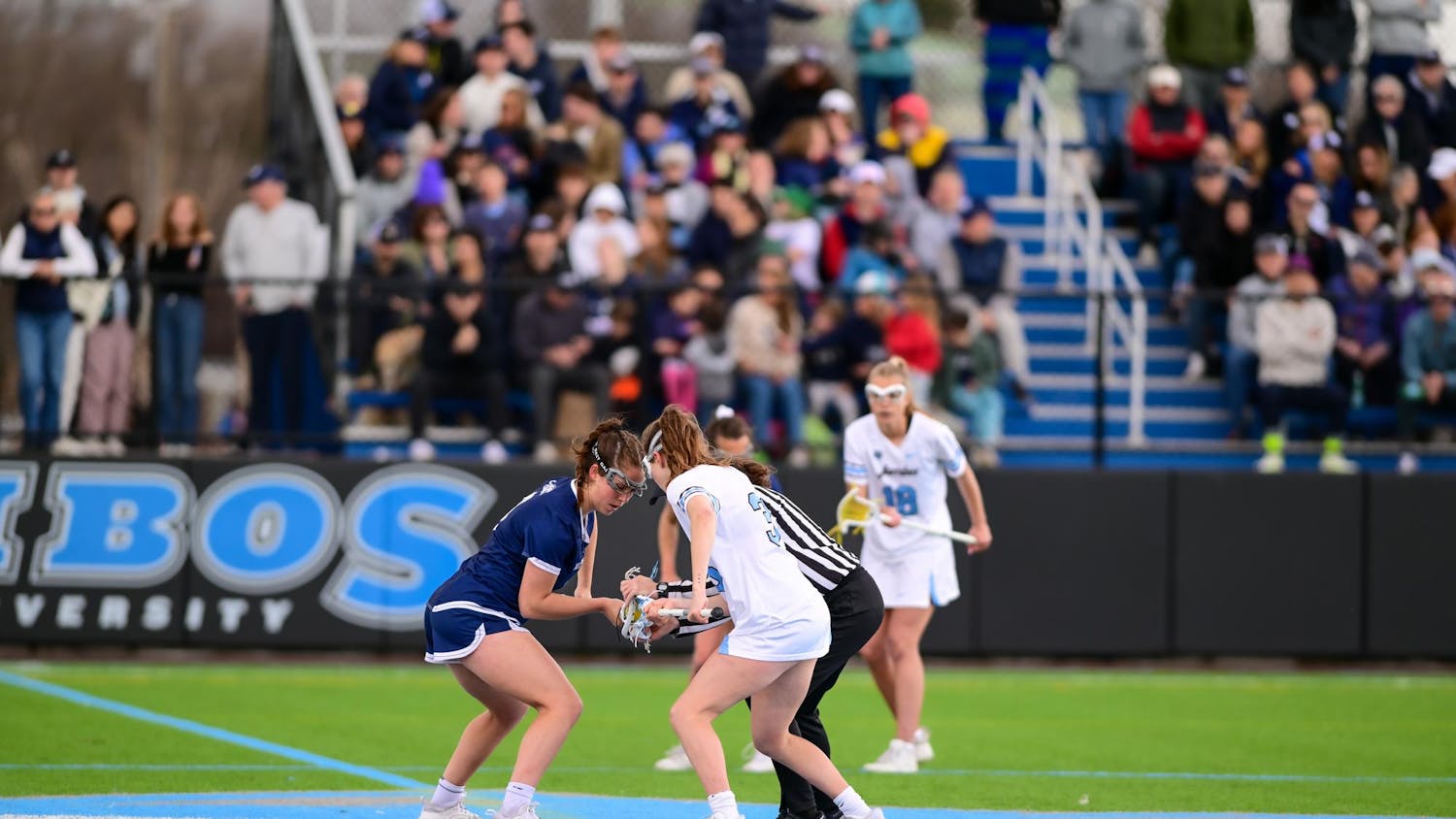For those unfamiliar with Olympic pairs figure skating, the Russians are like the NCAA women's basketball powerhouse Connecticut Huskies. In each of the past 12 Winter Games, beginning at Innsbruck, Austria in 1964, a duo from Russia or the Soviet Union has triumphed with the gold medal. But that remarkable streak came to a screeching halt after Monday night's free skate, as the veteran Chinese pairing of Shen Xue and Zhao Hongbo usurped the top spot on the podium.
Shen, 31, and Zhao, 36, began skating competitively in 1992 and were quickly regarded as one of the top pairs in the world. The married couple has won three World Championships (2002, 2003 and 2007), three Four Continents championships (1999, 2003 and 2007) and six Grand Prix Finals championships (2004, 2005, 2007 and 2009) on its ascent up the figure skating ladder. Yet the top Olympic prize eluded Shen and Zhao, as they settled for bronze in each of their first two tries, at Salt Lake City in 2002 and Torino, Italy in 2006.
Their third−place finish in 2002 earned Shen and Zhao the first figure skating medal in Chinese Olympic history, but they were upstaged in those games by a judging controversy that ultimately resulted in two gold medals being awarded: one to the Russians (Elena Berezhnaya and Anton Sikharulidze) and the other to the Canadians (Jamie Salé and David Pelletier).
In the 2006 games, Zhao was plagued by a ruptured Achilles tendon, which cost him and Shen the majority of their preparation time. They persevered to win bronze, nonetheless, but watched compatriots Zhang Dan and Zhang Hao surge past them and take silver in a competition won by Russia's Tatiana Totmianina and Maxim Marinin.
A year later, Shen and Zhao won their third World Championship. Seemingly satisfied without their sport's ultimate crown, they married and announced their retirement, preferring instead to travel with the show "Stars on Ice." But the powerful itch for another chance at Olympic gold brought Shen and Zhao back to the competitive stage last year, and their dedication was finally rewarded.
In Sunday's short program, Shen and Zhao delivered a flawless performance to Queen's "Who Wants to Live Forever." Their stunning jumps and synchronicity earned them a score of 76.66, the highest−ever total awarded for the pairs short program under the International Skating Union (ISU) Judging System. Still, the No. 1−ranked German pairing of Aliona Savchenko and Robin Szolkowy was just seven−tenths of a point behind, and the Russian duo of Yuko Kavaguti and Alexander Smirnov was in third−place at 74.16.
Come Monday, jumps proved to be the Russians' undoing, as Kavaguti bailed out after three rotations of a quadruple salchow, nearly lost her balance and threw the program out of rhythm. Smirnov was then unable to complete the second jump of a double−axel sequence, and after Kavaguti fell on a throw triple loop, the pair's medal hopes were dashed.
The Germans were also relatively unspectacular, as Savchenko completed only two of three rotations on the second jump of a triple toe−loop sequence, and Szolkowy tumbled on a double axel. They were fortunate to cling to third place and earn bronze.
When all was said and done, Monday night belonged to the Chinese. The country's other pairing, Pang Qing and Tong Jian, ranked fourth after the short program, was brilliant in the free skate, posting the top score in the longer event and surging to the overall silver medal.
But Shen and Zhao needed only a solid effort to clinch their country's first−ever Olympic gold in figure skating, and they provided just that. Their only blemish came on an axel lasso lift, when Shen slipped and had to slide down Zhao's back to land safely on the ice, and the seasoned duo still had more than three points to spare, as they prevailed over their countrymen 216.57 to 213.31. They cleared the top−ranked Russian duo by nearly 20 points.
Thus, the role reversal was complete. After decades of dominance, the Russian team will head back to the drawing board to prepare to host the 2014 Winter Games in Sochi. For Shen, Zhao and their fellow Chinese, on the other hand, Monday night's gold−silver performance was a lifelong dream come true.





